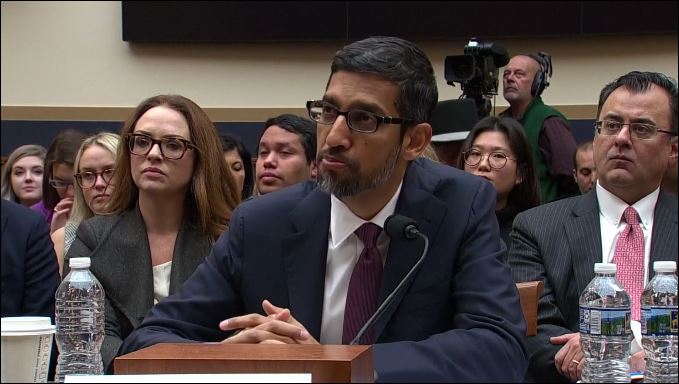As the year ends, Gallup reports that public approval of Congress averaged 14 percent during 2013. This, the polling firm points out, is “the lowest annual average in Gallup’s history.”
The pollsters added: “2013 is the only year in Gallup’s history in which all monthly readings were below 20 percent.”
Yet this is “the new normal,” according to Gallup, because in each of the last four years the congressional approval rating for the year has been below 20 percent.
It was such a bad year for Congress that Gallup predicts the 2014 midterm elections will not, fundamentally, be a fight over which party controls the House and Senate.
Instead, the campaign could hinge on the overwhelmingly negative view of Congress and the sense “that more Americans feel that problems are with the institution itself rather than with the particular party or people who control it.”
This brings us to the quote of the year about political life on Capitol Hill. It came from Speaker John Boehner (R-Ohio), defending the Republican-led House.
“We should not be judged on how many new laws we create,” he told CBS in July. “We ought to be judged on how many laws we repeal.”
This Republican strategy is at the heart of why Congress is so unpopular. They will not work on the big issues, beginning with their failure to deal with the number one public priority: creating jobs and boosting the economy.
Instead, the GOP’s congressional focus, according to the influential Republican Study Committee, is on extracting what they term “reforms” — really, they’re talking about budget cuts — in “mandatory spending” programs including food stamps, Medicare, Medicaid and Social Security. There is practically no desire for those cuts reflected in any polling.
As Campaign 2014 gets underway, Republicans are threatening another government shutdown tied to refusal to approve a debt-ceiling hike to pay bills. Their demand is for President Obama to make major cuts to programs such as Social Security.
The reduced-government, reduced-spending, reduced-federal-power strategy extends to the Senate where Republicans have used an historic number of filibusters and threats to block nominees to Obama administration posts and judicial seats. That led Senate Democrats to the “nuclear option,” opening the door to simple majority votes on most nominees.
But even with rules changes intended to break gridlock, the economy continues to struggle partly as a result of the GOP strategy.









